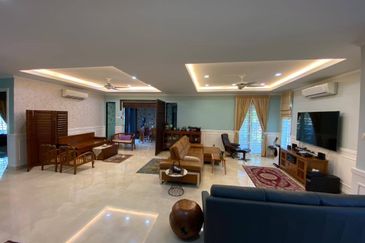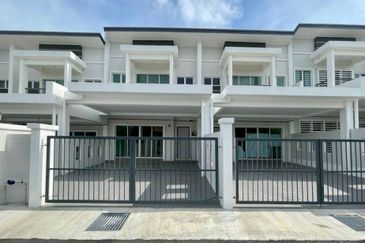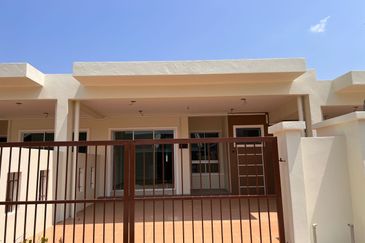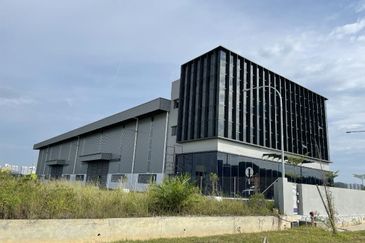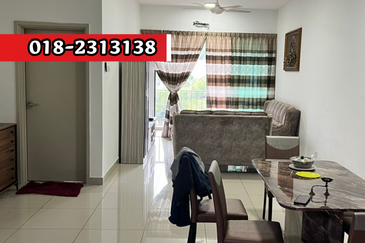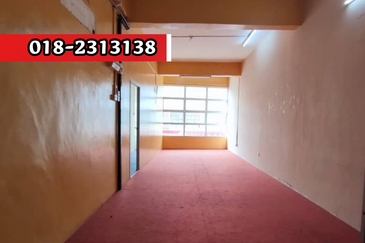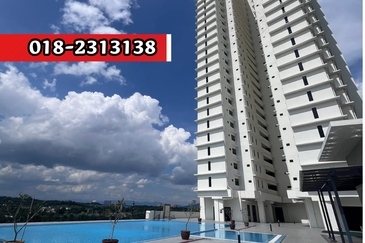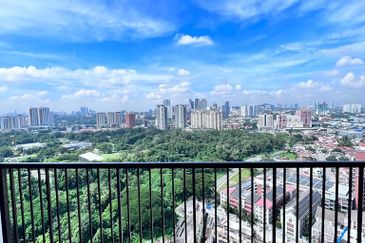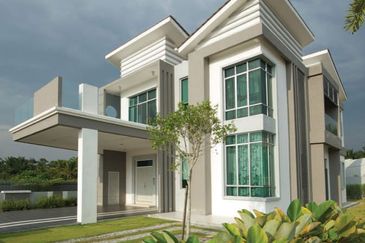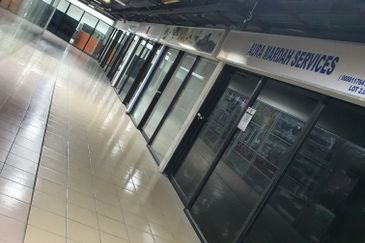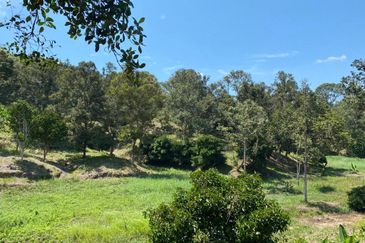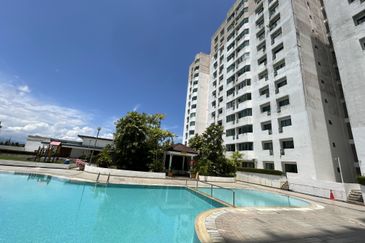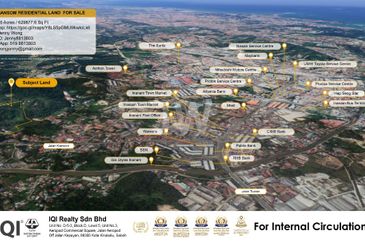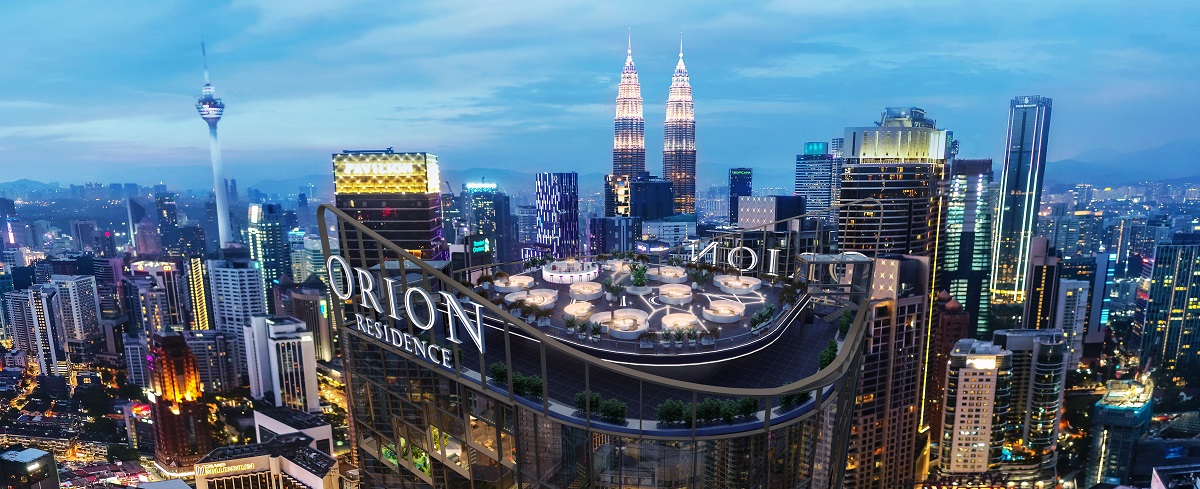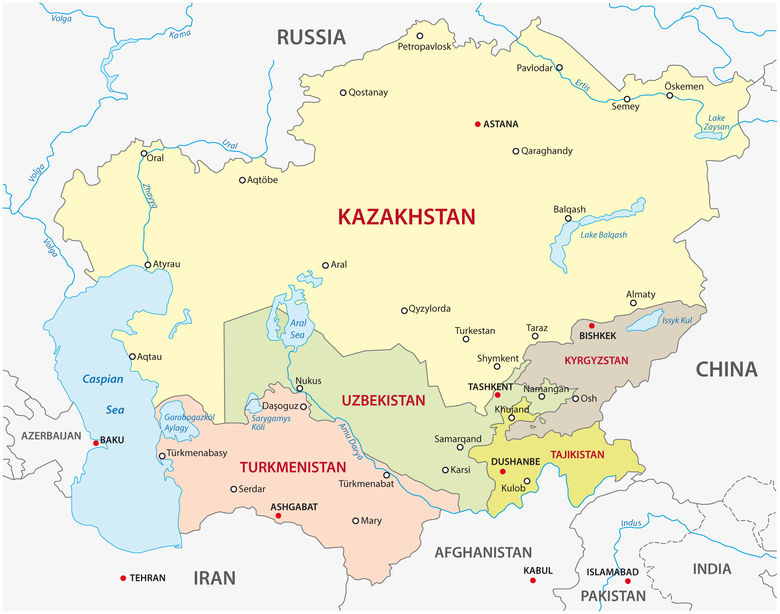
SINGAPORE (June 13): Singapore is the 12th most expensive location in the world for expatriates, according to findings from the latest Cost of Living survey published by ECA International. But you would probably never guess which city tops the list.
According to the survey, the city with the highest cost of living in the world in 2019 is Ashgabat, Turkmenistan, rising a whopping 110 places from its 2018 rankings.
“Although the rise of Ashgabat in the rankings may be a surprise to some, those familiar with the economic and currency issues experienced by Turkmenistan over the past few years may have seen this coming. Ever-escalating levels of inflation, coupled with a prominent illegal black market for foreign currencies have pushed up the cost of imports.
“This implies that the costs for visitors in Ashgabat, at the official exchange rate, have increased enormously – putting it firmly at the top of the rankings,” explained regional director (Asia) at ECA International Lee Quane in a press release today.
Eurozone cities have seen a marked fall in their rankings compared to last year, after an uncertain year for the Euro that saw prominent European locations such as Berlin, Rome and Madrid drop over 20 places in the rankings.
Cities in the US all saw big rises in the cost of living rankings, amid a stronger US dollar. Philadelphia and Boston each rose by over 40 places from last year, while Manhattan was the highest placed US location after moving up nine places to the 21st spot.
Meanwhile, Iranian capital Tehran was named the cheapest location in the world as its weakened economy was made worse by the introduction of US sanctions, severely affecting the nation’s international trade capabilities.
Among Asian countries, Hong Kong is now the fourth most expensive location in the world for expatriates, up from 11th last year, and the second most expensive location in Asia. After being ranked in 28th place just five years ago, Hong Kong now sits only behind Ashgabat, Turkmenistan and the Swiss cities, Zurich and Geneva.
Quane said: “Hong Kong is now one of the top five most expensive locations for expatriates, primarily due to the continued strength of the Hong Kong dollar and relatively higher rates of inflation witnessed in the Special Administrative Region in the past 12 months. Prices in Hong Kong rose at a faster rate in the past 12 months compared to Tokyo, Shanghai and Seoul – all of which were ranked higher in our previous survey.”
The Chinese cities included in the rankings all remained fairly static, with none of the 14 locations moving more than four places. Shanghai was the only Chinese city to feature in the global top 10, staying in 10th place.
“The Chinese Yuan has been very stable compared to other currencies during the survey period. Prices have risen at a faster rate in tier two locations, resulting in a narrowing gap in living costs for expatriate workers in tier one and tier two cities in the past year.
“This represents the continuation of a trend we have observed, with several developing cities such as Chengdu and Tianjin rising significantly in our rankings over the course of the past five years. All 14 of the Chinese cities in our rankings now feature in the global top 50, as compared to five years ago when there were only four,” explained Quane.
Meanwhile, Singapore made it to number 12. “While increases in prices have been small over the past year, the strength of the Singapore dollar relative to other currencies makes Singapore the 12th most expensive location in the world and the sixth in Asia, overtaking Beijing, Busan and Yokohama from a year ago,” said Quane.
In other parts of Asia, Thai cities saw another significant rise in the cost of living rankings, with Bangkok rising 36 places.
“We have seen the cost of living in Thailand increase over several years now. Bangkok especially has risen by over 100 places in the space of five years, and is now the 63rd most expensive location in our list.
“The city is now significantly more expensive than regional capitals including Jakarta, Kuala Lumpur and Manila,” added Quane.
ECA’s Cost of Living Survey compares a basket of like-for-like consumer goods and services commonly purchased by expatriates in 482 locations worldwide.
• Food: Groceries; dairy produce; meat and fish; fresh fruit and vegetables
• Basic: Household goods; recreational goods; general services; leisure services
• General: Clothing; electrical goods; motoring; meals out; alcohol and tobacco
Certain living costs such as accommodation rental, utilities charges, car purchases and school fees are not included in the survey. Such items can make a significant difference to expenses but are usually compensated for separately in expatriate packages.
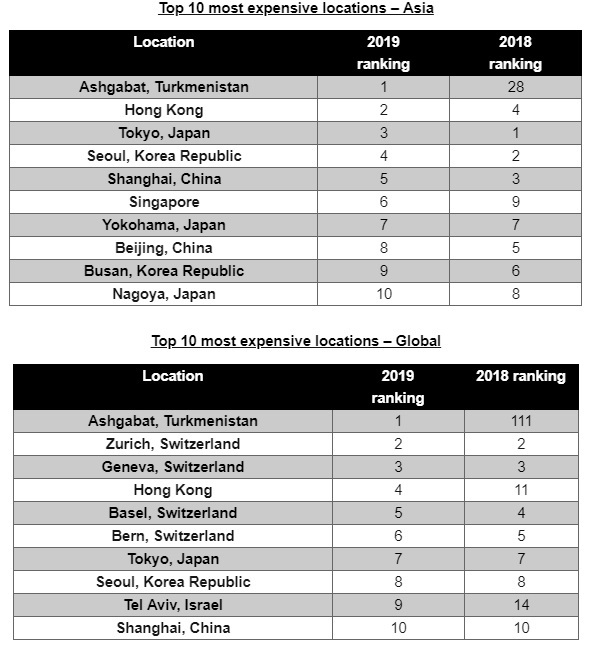
TOP PICKS BY EDGEPROP
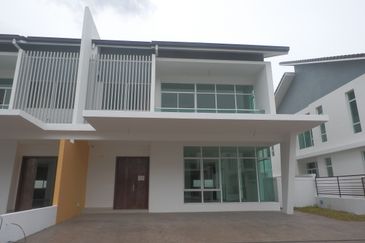
Palmiera @ Kinrara Residence
Puchong, Selangor
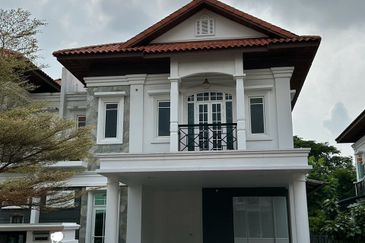
Eastern Heritage, Setia Eco Glades
Cyberjaya, Selangor
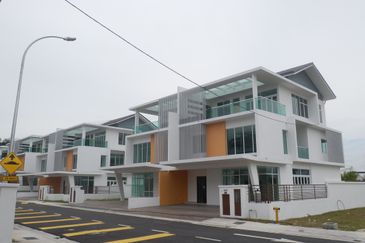
Palmiera @ Kinrara Residence
Puchong, Selangor
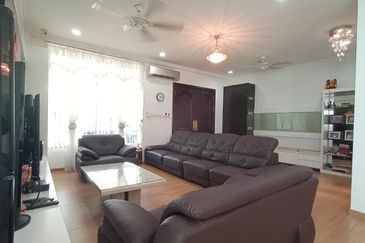
JALAN TELUK LIKAS
Pantai Barat Selatan, Sabah

